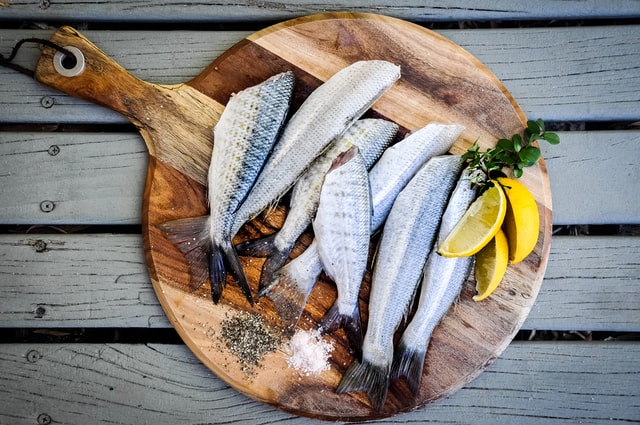Being a vegetarian comes with numerous health benefits including low blood pressure and better weight management. Omnivores are exposed to higher risks of developing diabetes, osteoporosis, cardiovascular diseases, cancer, etc. A vegan diet is, therefore, a great way to promote healthy living and wellness in your lifestyle as you also reduce the carbon footprint.
However, did you know that although unhealthy, meat features important nutrients that aid in proper body functionality? Eating more vegetables and fruits leads to a vegan vitamin deficiency that you should understand to counteract the effects.
Tips to Get Sufficient Vitamins As a Vegan
Plant-based meals are rich in fiber and phytochemicals while they’re low in saturated fats. These nutrients will boost your immunity and promote a healthy lifestyle. According to research, vegans have a 45 percent less probability of developing cancer as compared to omnivores.
Despite the beauty that lies in going the nature’s path and consuming plant-based food, the diet comes with nutritional deficiencies for:
Vitamin B12
Vitamin B12 aids brain functionality while promoting healthy blood flow. Bacteria found in animal foods such as meat, eggs, and dairy products make this vitamin. Vitamin B12 deficiency may lead to megaloblastic anemia whose symptoms include a low count of red blood cells that also have an abnormally larger size.
To prevent vitamin B12 deficiency you can opt for supplements or consumption of whole foods such as nutritional yeast. You can also eat edible mushrooms, nut milk, and fermented soybeans since they undergo bacterial activity.
Iodine
Iodine is important for proper neurological development and healthy metabolic regulation thanks to thyroxine production. Plant-based diets feature iodine depending on where the plants were grown. If you consume fruits and vegetables growing in iodine-deficient soil, then you'll also experience iodine deficiency.
To be on the safe side, you can add iodized salt into your food or include seaweed, soy, or nut milk in your diet.
Zinc
Few plant-based meals have zinc. Beans and whole grains have high zinc levels, but the phytic acid in them makes zinc absorption difficult. If you have zinc deficiency, you may have a poor immune system, diarrhea, hair, and appetite loss, to say the least.
To increase zinc absorption from legumes and whole-grain, consider soaking them before cooking. You can also add pumpkin seeds, chickpeas, cashew nuts, and yogurt into your diet for more zinc.
Vitamin D
Vitamin D is from the sun and it promotes healthy bone development while boosting your immunity. It’s challenging to obtain dietary vitamin D, hence the need for at least 10 to 15 minutes sunlight exposure a day for sufficient vitamin D. Orange juice, certain mushrooms, and soy milk are also rich in vitamin D.
Omega-3 fatty acids
Fish like tuna and salmon are the richest sources of omega-3 fatty acids for better brain function, lower cholesterol, anti-inflammatory effects, and eye functionality. For these and more health benefits, a vegan should eat more chia seeds and walnuts to get adequate omega-3s.
Final Thoughts
Although vegetables and fruits are nutrient-rich, a vegan diet should integrate a variety of foods for a balanced diet. If you can’t add all food types in your diet, talk to a nutrition professional for guidance, and obtain supplements. When choosing nutrient supplements for your deficiency, go for the certified brands as they represent high potency and purity standards.







